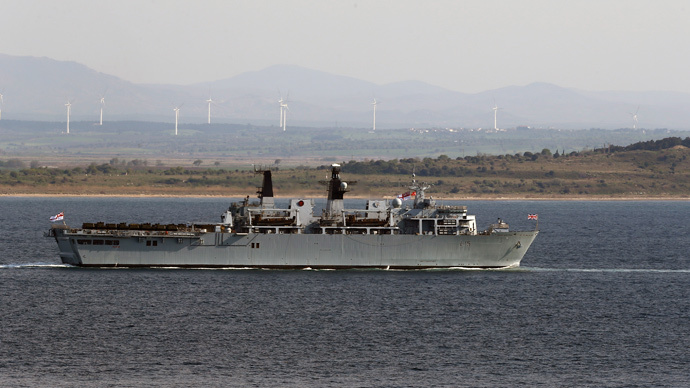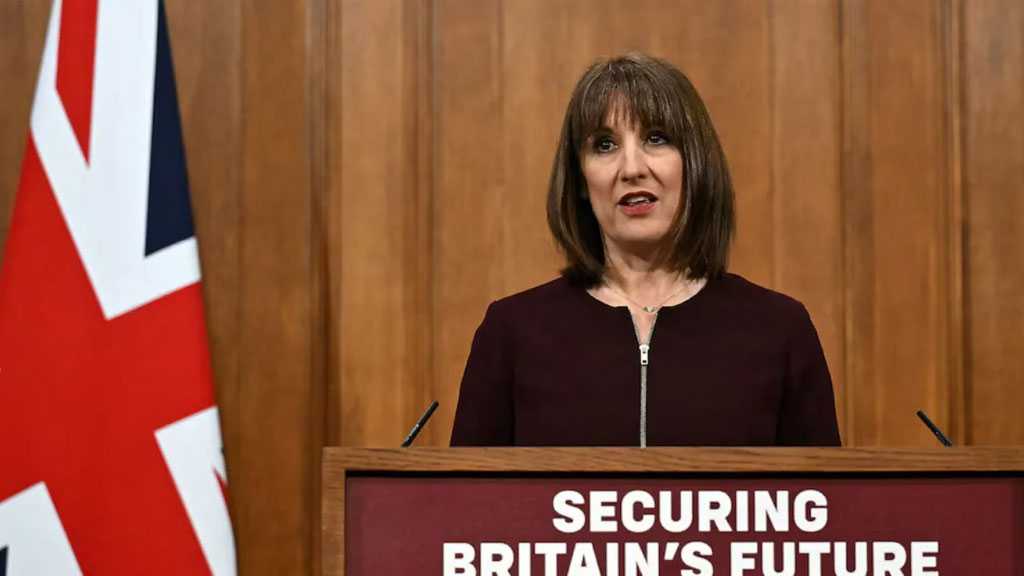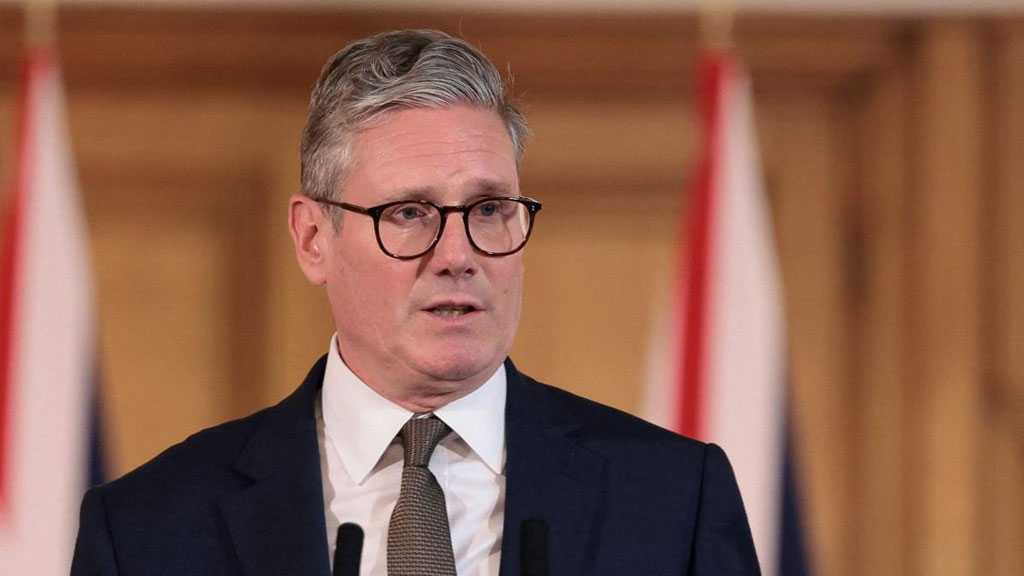Defense Report: Politicians Subscribe to ’Dangerous Illusion’ of Britain as Major Power

Local Editor
According to a report by the think-tank Civitas, defense spending is an "impossible mess" dominated by a few arms companies and the false idea that Britain remains a significant military power.

The 207-page study, Defence Acquisition for the Twenty-First Century, was fronted by Conservative MP Bernard Jenkins.
Jenkins and his co-authors criticize what they see as the "impossible mess" of UK defense spending, reserving particular venom for the British habit of funding large pieces of equipment which, critics say, lack utility in today's strategic environment.
"Everyone agrees that we need an agile and flexible military capability, but this cannot be delivered by depending first and foremost on large and expensive equipment," the report claimed.
"We either have to spend more, or do things differently, or give up the idea of getting involved in any campaigns that rely on sustained diplomatic effort or military deterrence, let alone on the ability to deliver force."
The report also said that policymakers are laboring under the idea that Britain is as powerful as it was in the past.
"The politicians still behave as though the UK has the same power as 10 or 20 years ago, but that is an illusion, which is positively dangerous."
Furthermore, the authors called for a "revolution" in defense acquisition thinking, urging legislators to purchase smaller weapons platforms rather than relying on large assets, such as aircraft carriers that are less deployable.
The report came at a time when UK defense spending was a major source of tension.
In May, Chancellor George Osborne announced he would press ahead with military austerity measures totaling around £1 billion.
Consequently, the move could end Britain's ability to meet the symbolic contribution of two percent of gross domestic product [GDP] to NATO - a topic of fierce debate in the run-up to the recent general election.
One Ministry of Defence [MoD] insider warned that defense austerity, applied to this extent, would "not be a thing you could just swallow and carry on."
Source: News Agencies, Edited by website team
Comments
- Related News




